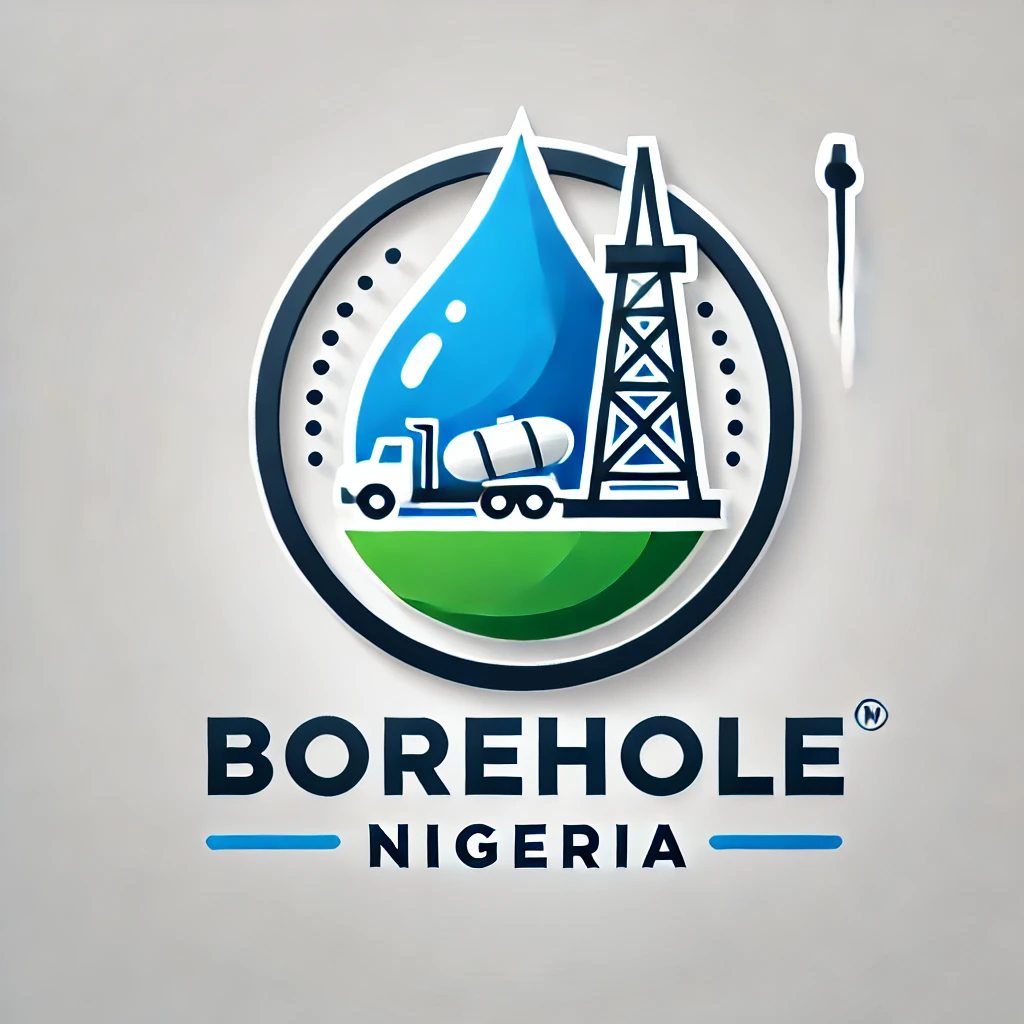The best time to drill a borehole in Nigeria is typically during the dry season. The dry season provides more favorable conditions for drilling and allows for a more accurate assessment of groundwater availability. Here’s a detailed breakdown of why the dry season is ideal for borehole drilling and other considerations to keep in mind:
1. Why the Dry Season is the Best Time to Drill a Borehole
- Stable Ground Conditions: During the dry season, the ground is more stable and less waterlogged, which makes it easier to move drilling rigs and heavy equipment to the site. It reduces the risk of equipment getting stuck or facing difficulties in muddy or soft soils, which can occur during the rainy season.
- Accurate Water Table Assessment: Drilling during the dry season allows for a more accurate assessment of the water table’s depth and the borehole’s potential yield. Groundwater levels are typically at their lowest during this period, ensuring that the borehole reaches a sustainable water source that will remain reliable throughout the year, including during dry periods.
- Lower Risk of Contamination: With less surface runoff and flooding during the dry season, there is a reduced risk of contaminants, such as bacteria or debris, entering the borehole during drilling. This helps maintain water quality and prevents potential contamination issues.
- Faster Drilling Process: The dry season’s favorable weather conditions mean fewer interruptions due to rain or storms, allowing for a more efficient and faster drilling process. The drilling crew can work longer hours without weather-related delays, reducing the overall project timeline.
2. Timing Considerations for Borehole Drilling in Nigeria
- Dry Season Months: The dry season in Nigeria generally runs from November to March in the southern regions and October to April in the northern regions. This period is ideal for drilling activities as rainfall is minimal, and weather conditions are more predictable.
- Early Dry Season Advantage: Drilling at the beginning of the dry season (e.g., November or December) is often advantageous because it provides ample time for site preparation, drilling, casing, and pump installation before the rainy season begins. This also allows for enough time to address any unforeseen challenges.
- Avoiding the Rainy Season: The rainy season in Nigeria typically spans from April to October in the southern regions and from May to September in the northern regions. Drilling during this period can lead to challenges such as:
- Flooded and Waterlogged Sites: Rainfall can cause waterlogging and flooding, making it difficult to access drilling sites and potentially causing equipment to get stuck.
- Unreliable Groundwater Levels: During the rainy season, groundwater levels are temporarily higher, which can lead to inaccurate assessments of the water table. A borehole drilled in the rainy season may end up producing less water during the dry season when the water table drops.
- Delays and Increased Costs: Unfavorable weather conditions can lead to delays in drilling activities, increasing labor costs and logistical challenges.
3. Exceptions to the Dry Season Rule
While the dry season is generally the best time for drilling, there are exceptions based on specific conditions and project needs:
- Emergency Drilling: If there is an urgent need for water, such as in the case of drought or water scarcity, drilling may be conducted during any time of the year, including the rainy season. However, this may come with additional challenges and costs.
- Geological Considerations: In some areas with unique geological conditions, such as fractured rock formations or coastal regions, drilling might be possible year-round. An experienced hydrogeologist can provide guidance based on the specific site conditions.
4. Preparing for Borehole Drilling
Regardless of the season, proper preparation is key to a successful borehole drilling project:
- Site Survey and Hydrogeological Assessment: Conduct a thorough site survey and hydrogeological assessment to determine the optimal location for drilling, considering factors like groundwater availability, soil type, and proximity to potential contamination sources.
- Obtain Necessary Permits: Ensure you have the required permits from local authorities or water regulatory bodies before drilling. This helps prevent legal issues and ensures compliance with environmental regulations.
- Engage a Reputable Borehole Drilling Company: Work with experienced professionals who understand the local geology and can provide quality services. A professional drilling company will ensure proper borehole construction, casing, and installation of the appropriate pump system.
5. Conclusion: Plan Your Borehole Drilling with Borehole Nigeria
Drilling a borehole during the dry season in Nigeria offers the best conditions for accurate groundwater assessment, efficient drilling, and long-term water security. At Borehole Nigeria, we provide comprehensive borehole drilling services, from initial site surveys to drilling, casing, and water treatment solutions. Contact us today for a consultation, and let us help you plan your borehole project at the best time for optimal results!
